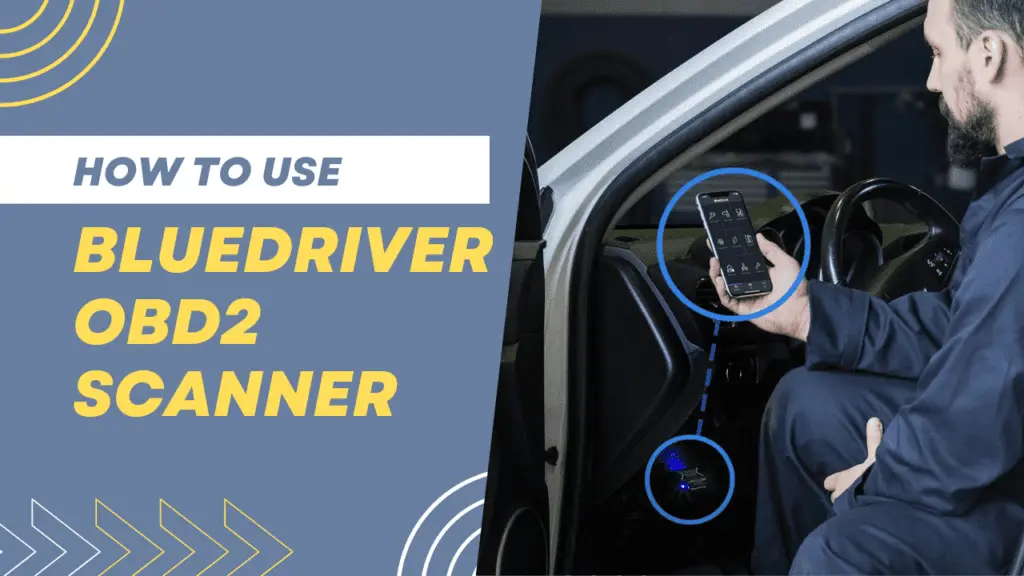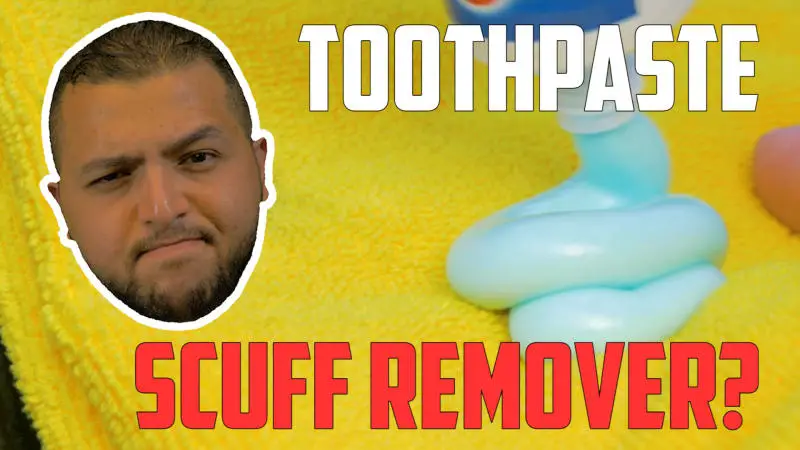In the automotive world, a debate often arises: can you clean your car with dish soap or should you always use a dedicated car shampoo? Dive into this discussion and explore the nuances with insights from top industry chemists. Both dish soaps and car shampoos contain surfactants that help remove dirt, grease, and grime from surfaces, but they are formulated differently to cater to their specific applications.
Dishwashing liquids are designed to break down food residues, oils, and grease, making them effective for kitchen use. Dish soaps can remove oils from your car’s surface, but repeated use might dry out plastics and leave residues that can affect the hydrophobic properties of your car’s coating. On the other hand, car shampoos are created to tackle road grime, tar, and other contaminants without harming your vehicle’s surface. These specialized formulations contain surfactants that provide the necessary cleaning power while maintaining the integrity of your car’s paint and protective layers.
Table of Contents
Understanding Dish Soap
Dish soaps are primarily formulated to tackle food residues, oils, and grease from dishes. The surfactants in dish soaps reduce the surface tension of water, allowing it to penetrate and emulsify oily residues effectively. These soaps sometimes contain enzymes that break down proteins, starches, and fats, enhancing their cleaning capability. While dish soap can clean your car, frequent use can dry out plastic components, causing them to fade more quickly. Additionally, dish soap can remove essential oils from your car’s clear coat, and usage in direct sunlight may leave residues that affect the vehicle’s hydrophobic properties. The difficulty in rinsing off dish soaps often leads to a film left behind, impacting the paint’s glossiness and protection.
Another critical downside of using dish soap is its ability to strip protective layers like carnauba wax or synthetic paint sealants from your car’s surface over time. This means that you’ll have to reapply protective coatings more frequently, leading to extra maintenance. In brief, while dish soap is a potent cleaner, its formulation is not intended for automobile surfaces, making it a less suitable option for regular car washes.
The Specifics of Car Shampoos
Car shampoos are specifically designed to remove road grime, tar, oil, and other contaminants without damaging the car’s paint or other surfaces. The shampoo formulations include surfactants that create micelles, structures that effectively trap dirt and oil, making them easy to rinse away. Car shampoos often contain a mix of anionic, nonionic, and amphoteric surfactants, each playing a role in cleaning efficiency, emulsification of oils, and enhancing overall cleaning performance. Anionic surfactants help with emulsifying oils and lifting dirt, nonionic surfactants provide excellent wetting properties, and amphoteric surfactants stabilize foam and improve the compatibility of other surfactants.
Moreover, car shampoos are formulated to offer lubricity and viscosity, making the washing process safer on the vehicle’s surface. These shampoos are more user-friendly and are less likely to strip away the protective layers on your car’s paint. Therefore, a dedicated car shampoo not only provides a superior cleaning experience but also maintains the integrity of the car’s exterior over repeated washes.
The Importance of pH Levels in Cleaning Products
The pH level of cleaning products plays a crucial role in their effectiveness and safety for various surfaces. For example, Dawn dish soap typically has a pH that ranges from moderately basic 8.7 to 9.3. While this might seem suitable for use on a car, the source of the pH matters significantly. Soaps containing caustic substances like sodium hydroxide can dull a car’s paint over time despite having a high pH. However, not all high pH soaps are harmful; quality automotive shampoos can have a high pH without containing caustic ingredients, making them safe for regular use.
To ensure optimal safety and performance, it’s advisable to use pH-neutral car shampoos for regular weekly or bi-weekly washes. These products are designed to be gentle yet effective, maintaining the car’s existing protective coatings and providing a better user experience without risking damage to the car’s paint or other surfaces.
When to Use Dish Soap on Your Car
While it’s not recommended for regular use, dish soap can be used sparingly to strip older waxes and remove heavy oil contamination. This is useful in scenarios where you plan to reapply protective coatings such as ceramic or graphene layers. However, note that dish soap alone will not ensure complete removal of existing protection. Mechanical abrasion from a polishing compound and pad is required to achieve a truly clean surface ready for new applications.
For those infrequent, thorough cleanings, using dish soap once or twice a year won’t cause significant damage. However, for routine maintenance, sticking to a high-quality, pH-neutral car shampoo is the best practice. This approach maintains both the aesthetic and protective properties of your car, ensuring long-term durability and shine.
In conclusion, while both dish soaps and car shampoos aim to remove dirt and grease, they are formulated differently to meet the specific challenges posed by their respective applications. Dish soaps prioritize grease-cutting abilities and food solubilization to effectively clean dishes. However, their use on cars can strip protective layers and leave residues, potentially harming the car’s paint over time.
Car shampoos, on the other hand, focus on emulsifying and suspending dirt without damaging the vehicle surface. They provide strong foaming and lubricity, making them safer for repeated use. For regular weekly or bi-weekly washes, a dedicated pH-neutral car shampoo is recommended as it maintains the car’s existing protective coatings and provides a better overall cleaning experience.
While it may be tempting to use dish soap for its grease-cutting abilities, it is best reserved for occasional use, such as stripping older waxes before reapplying new protective layers. For optimal car care, sticking to products specifically designed for automotive surfaces is the best practice.







